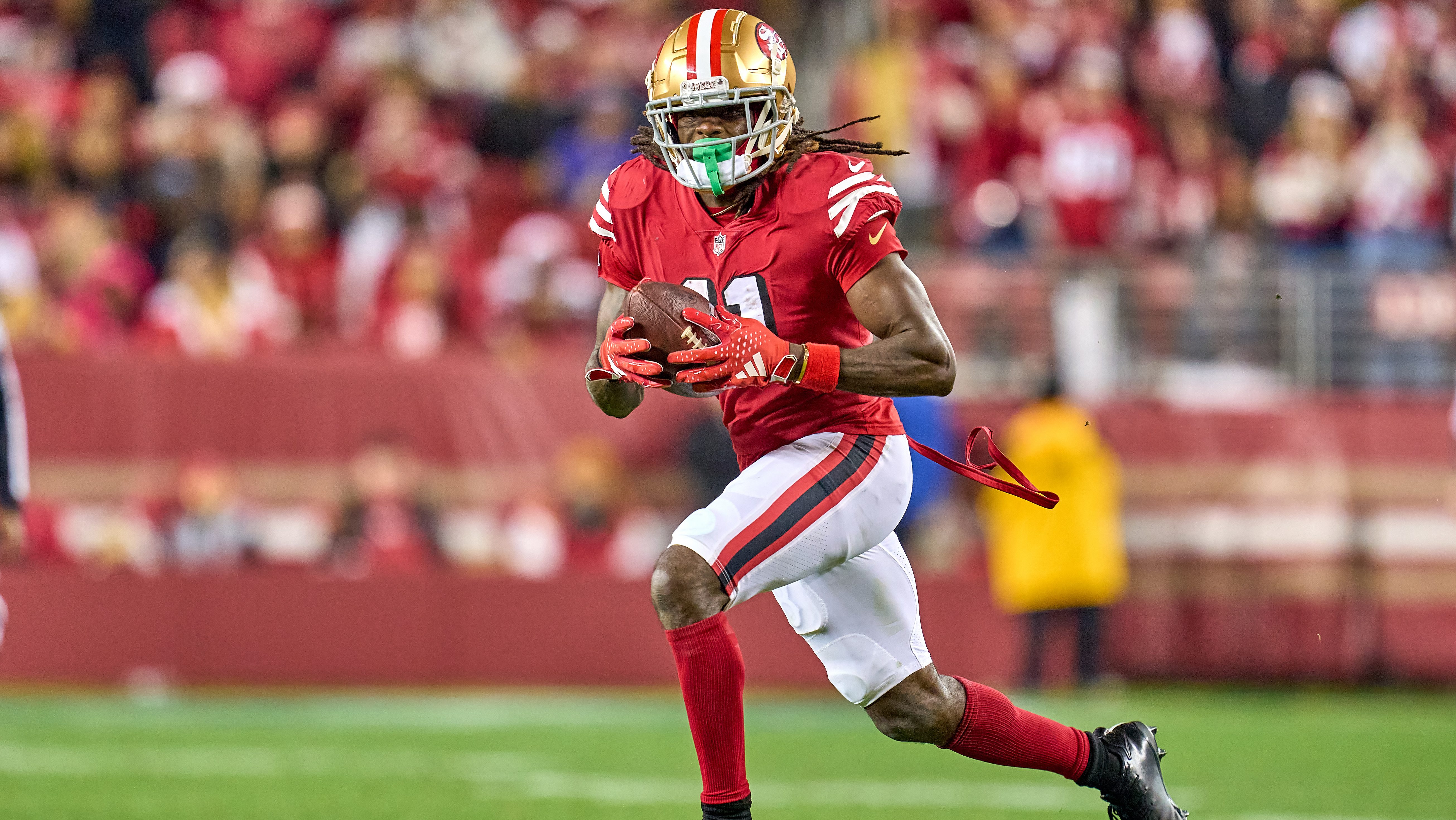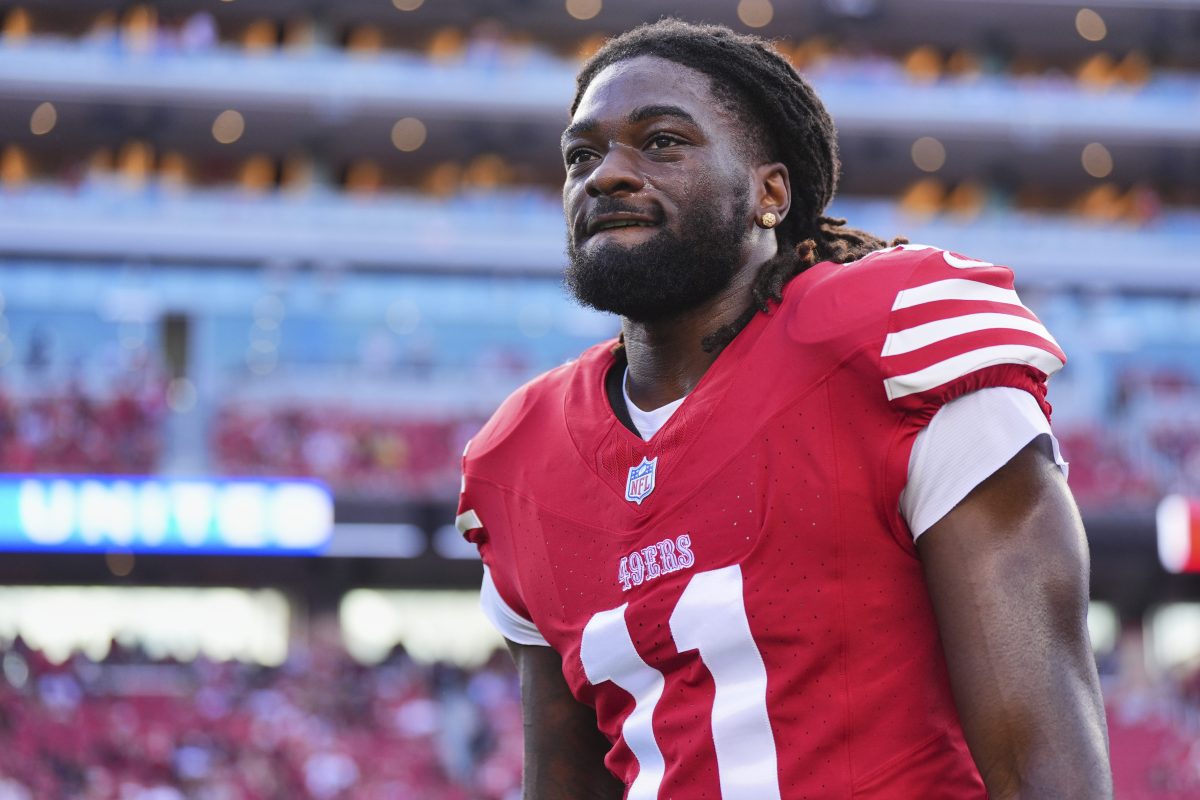Former Denver Broncos linebacker Brandon Marshall paid a small price for joining ex-49ers quarterback Colin Kaepernick's protest of police brutality towards African Americans and systemic racism.
Marshall, Kaepernick's college teammate at Nevada, was the first player to kneel during the playing of the national anthem before an NFL regular-season game when he did so on Sept. 9, 2016, ahead of the first game of the season. Kaepernick began kneeling a couple of weeks prior during the preseason.
Although he lost a pair of endorsements in the days after first kneeling, Marshall doesn't regret the decision. If anything, Marshall thinks the last week in the United States has shown that people might finally be "ready" to hear Kaepernick's message.
Stay in the game with the latest updates on your beloved Bay Area and California sports teams! Sign up here for our All Access Daily newsletter.
"Back then, we were called rogues, people said that we didn't deserve jobs, but this is what we were talking about then,'' Marshall told ESPN's Jeff Legwold on Monday. "I think people are looking at [Kaepernick] now like, 'OK, maybe he knew.' People didn't want to hear the message after, 'Oh, they were kneeling.' They didn't want that message, weren't ready for it, didn't listen. I hope, and I look at it, I hope people are ready for the message. I really hope they're ready for change.''
Protestors have demonstrated nationwide in the last week, with some protests leading to an increasingly violent police response, rioting and looting. Demonstrators' outrage stems from the same issues Kaepernick's protest called attention to in 2016.
George Floyd, a 46-year-old African American man, died last Monday in police custody in Minneapolis after a white officer -- who has since been fired and charged with third-degree murder and manslaughter -- pressed his knee into Floyd's neck for over eight minutes. Floyd's death occurred just over two months after Breonna Taylor, a 26-year-old African American woman, was fatally shot in her own home by Louisville police and just over three after Ahmaud Arbery, a 25-year-old African American man, was shot and killed by two white men while jogging in his Georgia neighborhood.
Marshall now lives in Las Vegas, and he said he has been encouraged to see protests there and elsewhere across the country.
San Francisco 49ers
"We need everybody to care about this, not to see it as just a black or brown problem,'' Marshall said. "When people see this as a people problem -- and not a black person's problem or a person of color's problem -- then we can have real change. I look at all of the faces in the real, peaceful protests, and I see maybe we're ready to listen now. Maybe we're ready to see it as a people problem and that real, lasting, effective change can happen.''
[RELATED: Bruce Maxwell's kneel still sparks hate, misunderstanding]
Kaepernick argued he paid a price after protesting, too. He has not been on an NFL roster since the season in which he began protesting -- despite insisting he still wants to play -- and Kaepernick alleged the NFL's owners colluded to ensure he remained unsigned in a collusion lawsuit that was settled last February.
Marshall said he spoke with Kaepernick and asked how he could help, and that the two will speak again "moving forward." He has listened to his former teammate since Kaepernick began protesting, and Marshall hopes others now are prepared to do the same.
[49ERS INSIDER PODCAST: Listen to the latest episode]


